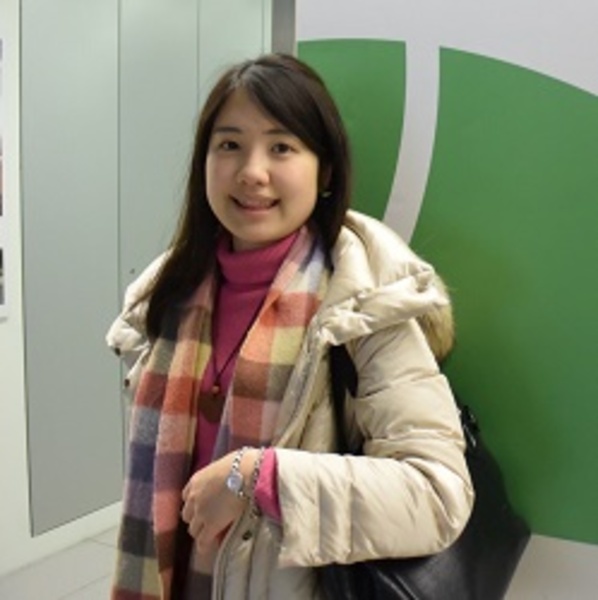
Ms. Haruku Shirahata
Ph.D. candidate
The University of Tokyo
Ms. Haruku Shirahata is a third-year doctoral student at The University of Tokyo’s Graduate School of Engineering, Department of Chemical System Engineering. She holds her Master’s and Bachelor’s degree in the Chemical System Engineering from The University of Tokyo. Her research interest is pharmaceutical process systems engineering, and her doctoral research investigates the development of process design methodology of biopharmaceutical manufacturing. She takes a modeling approach to simulate manufacturing processes and participates in the research community of the International Society for Pharmaceutical Engineering (ISPE). She receives a Research Fellowship for Young Scientists (DC2) by the Japan Society for the Promotion of Science.
Methodology development for systematization of process design of biopharmaceutical manufacturing and implementation of decision-making tools
Biopharmaceuticals for treatment of, e.g., cancer, represent a growing fraction of pharmaceutical production. The manufacturing process consists of fermentation, purification, and sterile filling. Trends of shifting to small-scale, multiple-product production led to the application of new technologies, e.g., single-use technology (SUT), using disposable resin-made equipment, which increases the range of process alternatives. SUT replaces conventional multi-use technology (MUT) using reusable stainless-steel equipment which requires cleaning and sterilization. Previous studies investigated technology choice as a key decision of process design although limited alternatives based on heuristics were evaluated by a single evaluation indicator. Therefore, this research aims to develop a methodology toward systematization of process design of biopharmaceutical manufacturing.
So far, sterile filling processes were the focus of my thesis, where the process models and multiobjective evaluation indicators were developed considering economic and environmental impacts, product quality, and supply robustness aspects. An algorithm was developed that can generate 256 process alternatives including SUT, MUT, and hybrid technology options. A case study was conducted for a typical commercial monoclonal antibody production process, where comprehensive and quantitative process design for various production scenarios was demonstrated. The design flow is implemented as an online software tool for process designers at pharmaceutical industries.
The research proceeds to expand the design target, e.g., modeling and evaluation of fermentation processes, and a process alternative generation algorithm is being developed considering continuous technology, another new process alternative to improve production efficiency. The methodology will be validated with data from actual manufacturing plants.